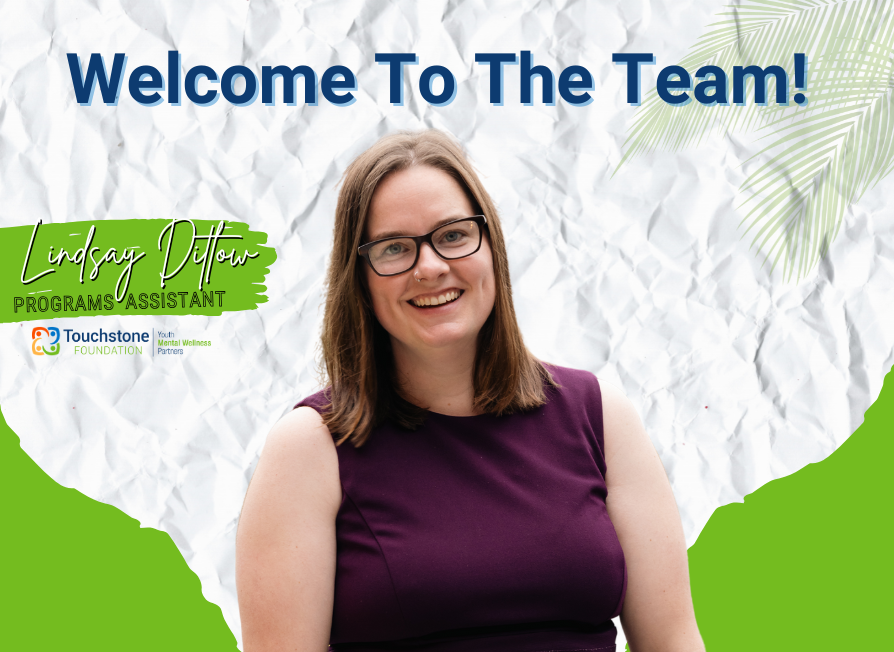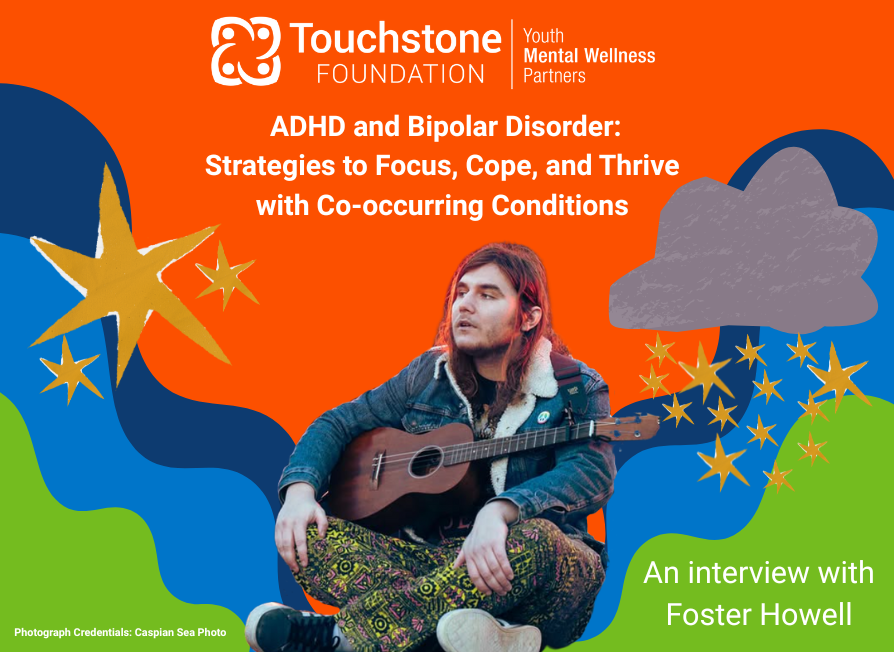Background
We are pleased to present and share this brief summary of the findings of our “Lancaster County Youth Behavioral and Mental Health Needs Assessment.” The Lancaster Osteopathic Health Foundation (LOHF) improves public health and well-being in Lancaster County by focusing on two intersecting goals: strengthening the capacity of the health care professional community, and improving children’s behavioral health services. In 2014, we partnered with the Nonprofit Resource Network of Millersville University, CoLAB, Inc., and this project was supported in part by a grant from the Lancaster County Community Foundation.
With the results of this study, we have gained a comprehensive understanding of youth behavioral and mental health needs in Lancaster County. We hope to encourage a culture of collaboration that fosters community partnerships to meet the behavioral and mental health needs of Lancaster County children, their families and caregivers.
The Goals of Our Needs Assessment
- Provide us with data so we can make informed funding decisions and develop effective strategic planning that targets unmet needs.
- Gain a comprehensive understanding of youth behavioral and mental health needs in Lancaster County (ages 0–25)
- Encourage a culture of collaboration that fosters community partnerships to meet the behavioral and mental health needs of Lancaster County children, their families and caregivers
Our Approach
- We used existing data analysis to enrich our own data
- Our researchers interviewed 14 key stakeholders and held 5 focus groups (1 included parents)
- We contacted 1,015 Lancaster County parents via telephone survey
- 21% response rate
- Sampling error + 3.07 %
- 95% level of confident
Summary of Needs Assessment Results

What Parents Told Us
“If you could make one suggestion to improve the process you went through to make sure your child received the necessary health care services or treatments, what would it be?”
- Reduce costs of insurance and/or care
- Improve insurance processes
- Increase access to care
- Better communication and coordination between providers, primary and specialists, school and physicians
- Better communication between clients and providers
- Improved customer service oriented attitude toward clients
Results Point to Several Major Themes
The results of our study pointed to five key themes that emerged from the mixed methods study. The five themes are broad categorizations of the data collected and provide a useful mechanism for presenting the findings. They are not meant to be mutually exclusive, but are comprehensive enough to cover the variety of inter-related thoughts and ideas. The five themes are:
Theme 1: Access and Availability
Access and availability refers to the ways in which a youth with a mental or behavioral health need is able to get the care and services necessary to treat the diagnosis.
- Psychiatric care for children is hard to find in Lancaster County and most children wait three weeks to one month to get treatment.
- As one respondent noted, “Services are similar to tax breaks: they exist, but very few people know how to access them.”
- One widely accepted idea was that services already exist, but the field, as whole, needs to reorganize and make them easier to access.
- Barriers to receiving services include insurance and affordability, waiting lists, language, transportation, culture and stigma related to behavioral and mental health.
Theme 2: Transitional Ages
For the purposes of this study, transitional ages refer to youth between the age of 16 and 25.
- Transition age youth constitute the majority of the conversations regarding the largest unmet mental and behavioral health need amongst youth.
- At the age of twenty-one, access to care abruptly stops, and a number of professionals in the focus groups reported that those transitional age youth are, “floundering with how to access and wondering what to do if they are not eligible for funding or insurance.”
Theme 3: Lack of Specialists
There is a lack of specialty providers in and around Lancaster County such as child psychiatrists and child psychologists.
- Mental and behavioral health providers in Lancaster County are not fully staffed.
- Physicians may be more willing to work with adults because children are more complex with parents, schools and pediatricians to consider as well.
- There is a lack of trauma informed care practitioners.
Theme 4: Communication and Collaboration
Communications and Collaboration refers to the need for mental and behavioral health care to be systemically aligned, creating more ease to receive care and to have vested adults working with youth all access the same information, speak the same language and create a logical and consistent path for the youth’s caregivers to navigate.
- Family physicians need to have connection and coordinate with mental wellness services.
- Youth behavioral and mental health is a complex issue and the different systems have not learned to work and communicate with each other.
- Participants reported that services are inconsistent: the PCP, therapist, support staff and parents may all be using different approaches.
- Parents identified their need for more support in understanding mental and behavioral problems.
Theme 5: Funding, Affordability and Insurance
Funding, affordability and insurance refers to the ways in which a youth with a mental or behavioral health challenge is able to affordably receive services.
- Lancaster County has services, but our population is increasing and the funding amounts are declining.
- Parents were most concerned about the cost of insurance.
- Professionals, but not parents, discussed a lack of funding contributing to this problem.
Learn More About Our Work
We are eager to share our work and our vision to shape a community where every child experiences mental well-being. Please visit our website lohf.org to download the full report. If you are interested in sharing these findings with others, please let us know and we can arrange to present the results and provide copies of the report for you. We can be reached at, info@lohfoundation.org or call 717-397-8722.
We want to thank everyone who participated in stakeholder interviews, focus groups, and the parents who spoke with us via telephone. We truly value and appreciate your time, insight, knowledge and sharing.




